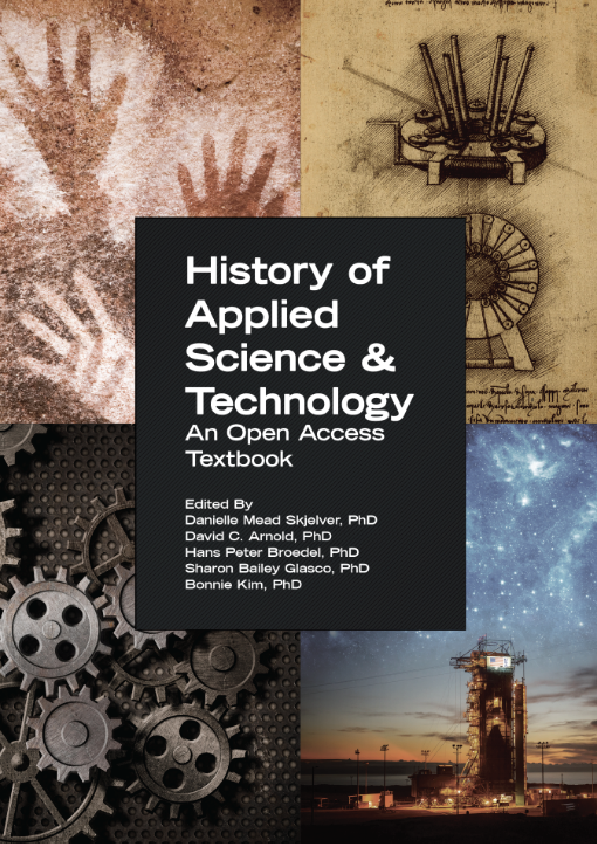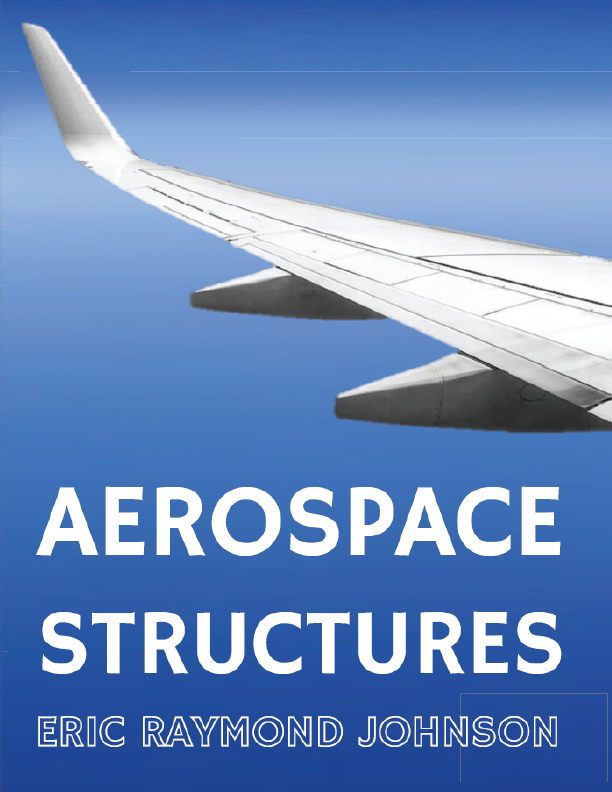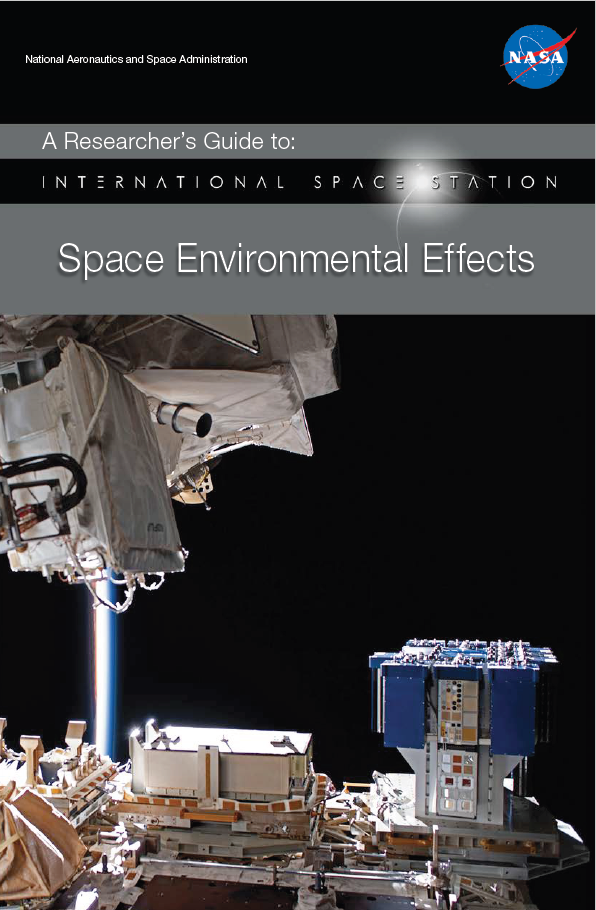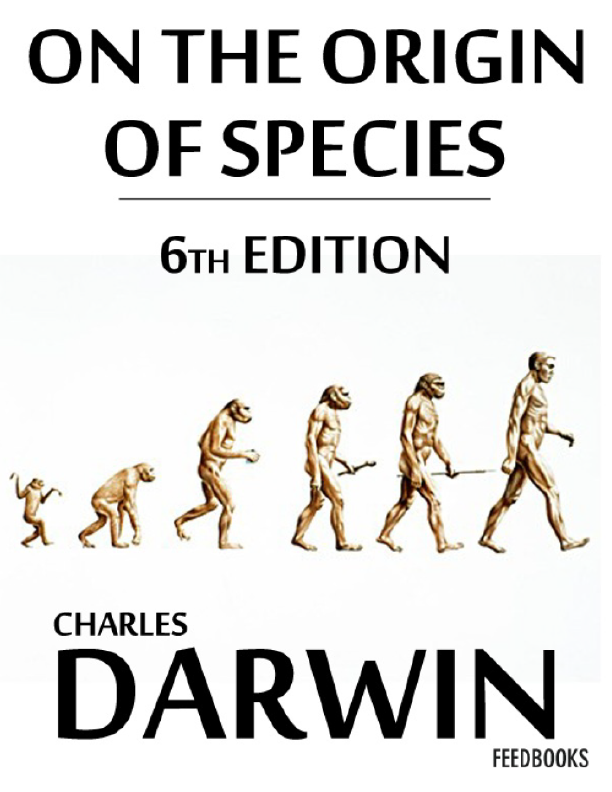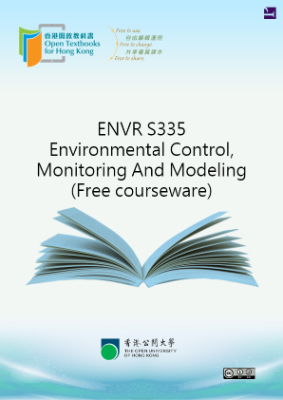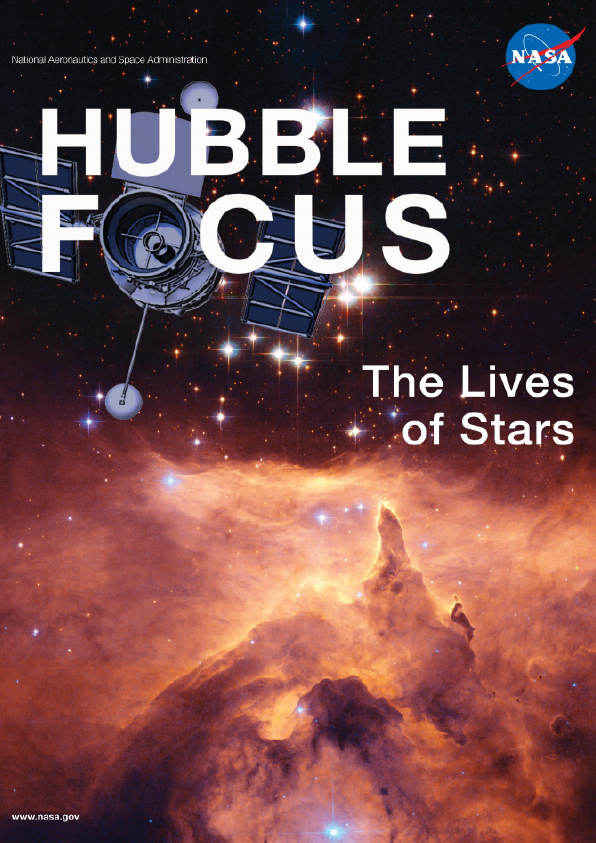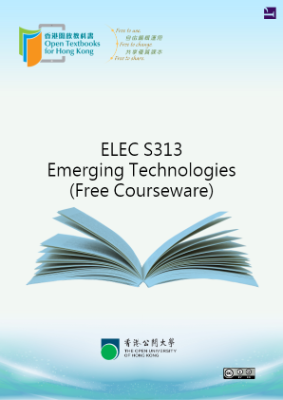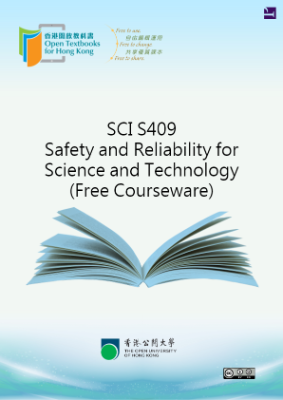What is History?
History is an argument about how to interpret evidence left behind from the past. Many people tend to think of history as the past itself. It is not. There is no finding the past as it truly was; that is impossible. So historians use the evidence from the past to try to understand what happened in the past. They often disagree about how to interpret this evidence, which is why any good bookstore will have several books on the same topic.
What is Technology?
Technology is the manipulation of matter for human needs. Technology more broadly includes those aspects of human culture that are predominantly utilitarian in nature, whether machines or processes. It can include writing, for example. Some would go so far as to include algorithms as technology.
What is Applied Science, and how is it different from what we call Science?
Science is the systematic study, description, and explanation of the natural world. Science, particularly until roughly the middle of the 19th century, was a matter of understanding how the universe worked – simply for the sake of knowledge. We call this pure science. When scientific knowledge, such as, say the table of elements, is applied to technology as in the case of enhancing engine power or the strength and flexibility of metals, this is called applied science.
What is Periodiziation? To mark major societal and cultural changes, historians break the past into periods. These tend to be Western in nature. While we envision a global History of Applied Science and Technology, these terms are widely accepted and used around the world. As a result, you will see them in this textbook from time to time. Periodization is rough and overlapping. Historians do not all agree on beginning and end dates.
The abbreviation ca. refers to circa, meaning around or roughly. The terms BCE and CE below refer to Before Common Era (before year 1 CE) and Common Era (year 1 CE through today).
What are Progress and Advancement?
The Oxford English Dictionary (OED) defines progress as “Progression or advancement through a process, a sequence of events, a period of time, etc.; movement towards an outcome or conclusion.”
When applied to human events, this definition of progress assumes that human beings are on a trajectory toward some imagined future. Generally this future is imagined through a Eurocentric value system, which measures all civilizations according to an external ideal.
Technological innovation is not universally understood as progress or advancement. Some technologies are as destructive as they are constructive; others alienate humans from their natural environment in ways that can be destructive to human and animal health.
We have therefore avoided the problematic terms progress and advancement.
What is Society?
The OED defines society as “The state or condition of living in company with other people; the system of customs and organization adopted by a group of people for harmonious coexistence or mutual benefit.”
In general, this textbook uses this definition. Society and its structures or systems may not always work toward harmonious coexistence and mutual benefit, but this is generally the stated aim of societies.
